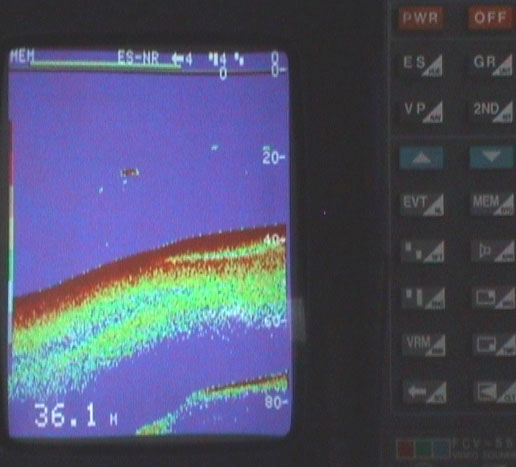p142 (First edition)
"Seal
Finally, I come to the most plausible theory of all - one which, at present,
holds the field. That is, that the "Loch Ness monster" belongs to the Pinnepedia
- and is, in all likelihood, a large grey seal. The leading exponent of
this view is Mr. M.A.C. Hinton, Deputy-keeper of Zoology at the Natural
History Museum, South Kensington. Other authorities, such as Dr C.H. Townsend
(Director of the New York Aquarium), Mr. R. Elmhirst (Superintendent of
the Marine Biological Station, Millport), and Mr. T.H. Gillespie (Secretary
of the Scottish Zoological Society) have also expressed the same conclusion.
Furthermore, since the return of the Daily Mail "mission", that paper has
(until recently) lost no reasonable opportunity of advocating the seal theory
- while a short note in Nature ( 13.i.34) regards the "mystery" as finally
explained on this basis.
It is undoubtedly true that there are many points in favour of the supposition
that X is some species of seal: presumably, a grey seal - since that is
the largest type known to occur on the Scottish coast. Although such seals
have never been seen, hitherto, in Loch Ness there is no question that one
could find its way thither (overland, if necessary) see footnote - and so
unusual an event might easily postpone its identification. A grey seal has
a long and surprisingly extensible neck; it swims with a paddling action;
its colour fits the bill; and there is nothing surprising in its being seen
on the shore of the loch, or crossing a road."
The footnote reads "Seal have been encountered in the most unlikely places - some years ago, one was found halfway up a Scottish mountain, and miles from the sea. Grey seal have made 30-mile journeys over rough country.
This picture is, I think, the first photograph of a grey seal taken in Loch Ness. The photo is taken from a camcorder video, and is of poor quality. I have been criticised as incompetent for this. However, in my defence I would say the weather conditions were not good, the seal rarely spent more than a few seconds on the surface between dives, and frequently surfaced many tens of metres from its diving point.The unfamiliar camcorder was on loan to me, I had only borrowed it twenty minutes earlier, there were no instructions for its use and I was also in charge of a tourist cruise boat at the same time.
I have also been criticised for not recognising that
a seal cannot bend its body as shown in the picture, and that there were
actually two seals in the picture. ( This criticism came from a "believer"
who would not wish a seal to show a head, neck and two humps, that being
the preserve of his theoretical, and hypothetical pet! ) The suggestion is
not unrealistic, in that there were two seals in the area at that time, and
I filmed two heads a number of minutes later, about 200 metres away. However,
I was studying this animal very intently at every available opportunity
before I took the video, and I did not see the two animals until later.
